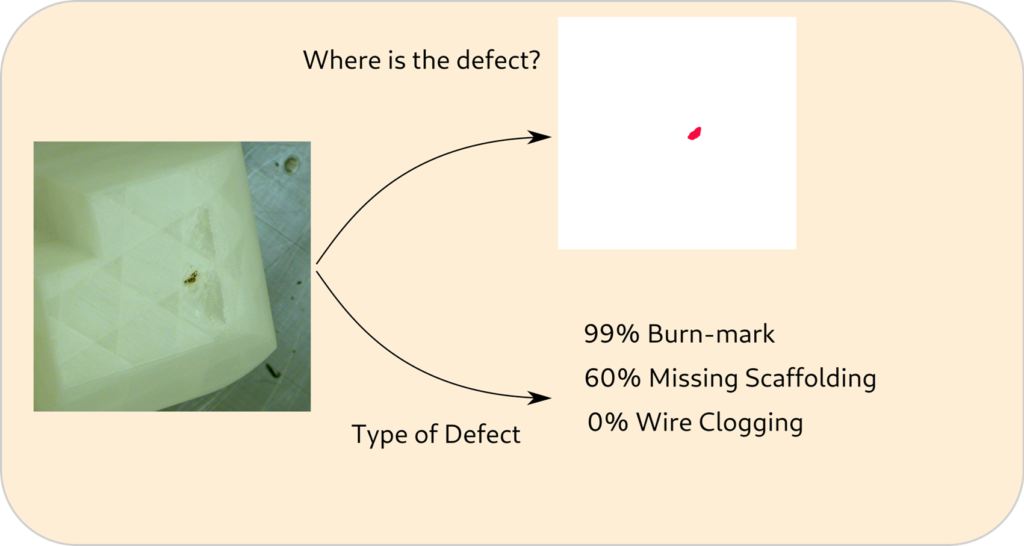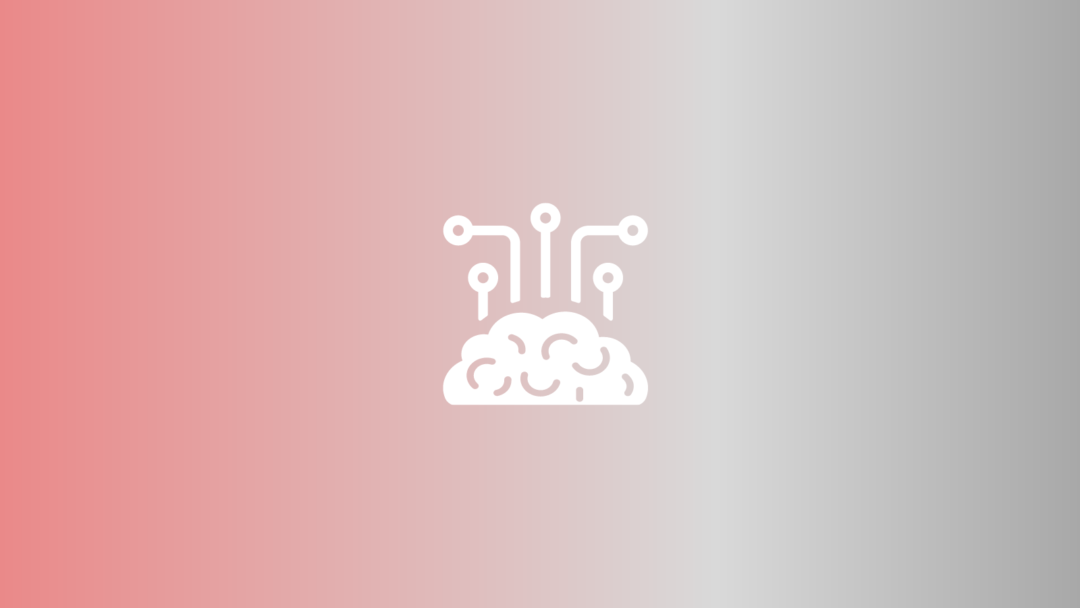In typical production processes, there is an abundance of images related to good products. The industry has confronted a trend of product diversification due to changing customer demands, which leads to customized production. The operators need to adapt and learn continuously to the new products. The introduction of digital systems in manufacturing has increased the number of ways that assistant information reaches human operators in assembly workspaces. These digital system enables personalized training to the individual operator’s needs. This digital systems can adapt to different needs of support, based on the required level of detail and the experience of the operator. As the production environment becomes increasingly flexible and the tasks are changing at a faster pace, a more agile way of guidance allows maintaining productivity and quality, without introducing a higher stress level to the operator. However, only a few images are available of the different types of defects that might occur.
Tailored to this situation, Flanders Make has developed a toolbox capable of performing anomaly detection to make a fast decision between a defective product or not (important for rejection e.g. of a conveyor belt). In a second stage, a classification network is trained to decide which type of defect occurred, which could be interesting for control of the production machine. Next to which type of defect, we are also capable of pinpointing the location of the defect, making it easy for an operator to verify the decision of the algorithm.

The competitive advantage of Flanders Make in this field, is the fact that we not only use a wide range of state-of-the-art algorithms but we also have vision experts in our group capable of designing an optimal inspection cell for a wide range of (surface) defects.
Contact details:

